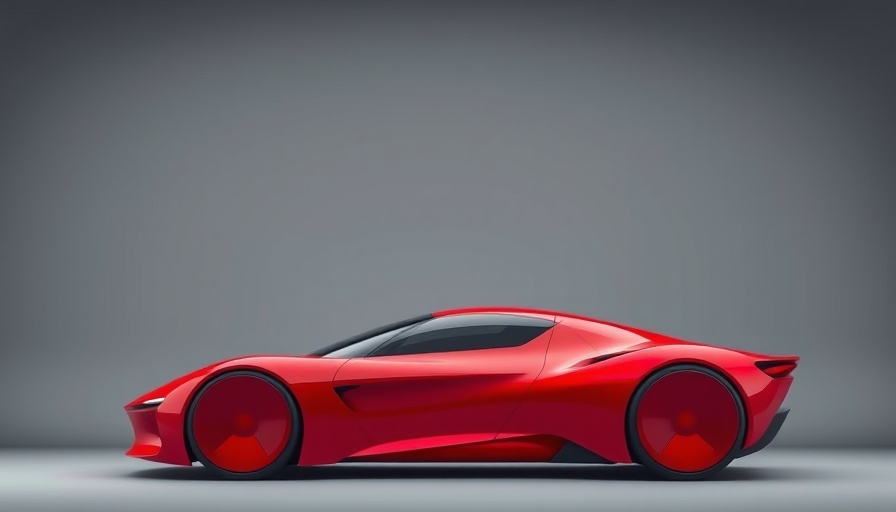
The auto industry is abuzz with reports that Honda and Nissan are in talks for a potential merger—an alliance that could redefine their market standing and product offerings. This collaboration comes as a beacon for Nissan, facing significant financial difficulties, and holds potential advantages for both companies.
What’s at Stake in the Merger
The merger could result in the creation of one of the world’s largest automakers, trailing only giants like Toyota and Volkswagen. Nissan's financial challenges, highlighted by declining sales and an unsustainable corporate structure, might find relief in such a partnership. Meanwhile, Honda stands to gain access to cutting-edge electric vehicle (EV) technology from Nissan, famous for its pioneering Leaf model.
Potential Gains in Hybrid and EV Technologies
A critical facet of this partnership is technology sharing, particularly in the realm of hybrid and electric vehicles. Nissan seeks to bolster its lineup with hybrid technologies, and Honda's experience in this field is invaluable. Conversely, Honda can benefit from Nissan’s advancements in EV technology, promising a feasible pathway to enhanced production efficiencies and product offerings.
Historical Context: The Auto Industry's Shifting Alliances
This isn't the first instance of major auto players considering alliances for mutual benefit. The past decade has seen numerous mergers and partnerships as companies strive to keep up with technological advancements and market demands. This potential Honda and Nissan merger underscores a continuing trend of consolidation within the industry, as firms look to bolster capabilities and fend off financial vulnerability.
Implications for Dealerships and Operations
For dealership principals, general managers, and fixed operations directors, this merger signifies a strategic pivot in the automotive landscape. It promises streamlined operations and potentially integrative after-sales services, impacting everything from inventory management to extended warranty offerings. Dealerships may find themselves aligning with new business models and leverage cross-brand technologies to stay competitive.
Embracing these changes could present new opportunities in the used car sales sector. Dealerships might leverage this merger by diversifying their offerings, capitalizing on the anticipated improvements in vehicle technology and efficiency.
 Add Row
Add Row  Add
Add 




Write A Comment